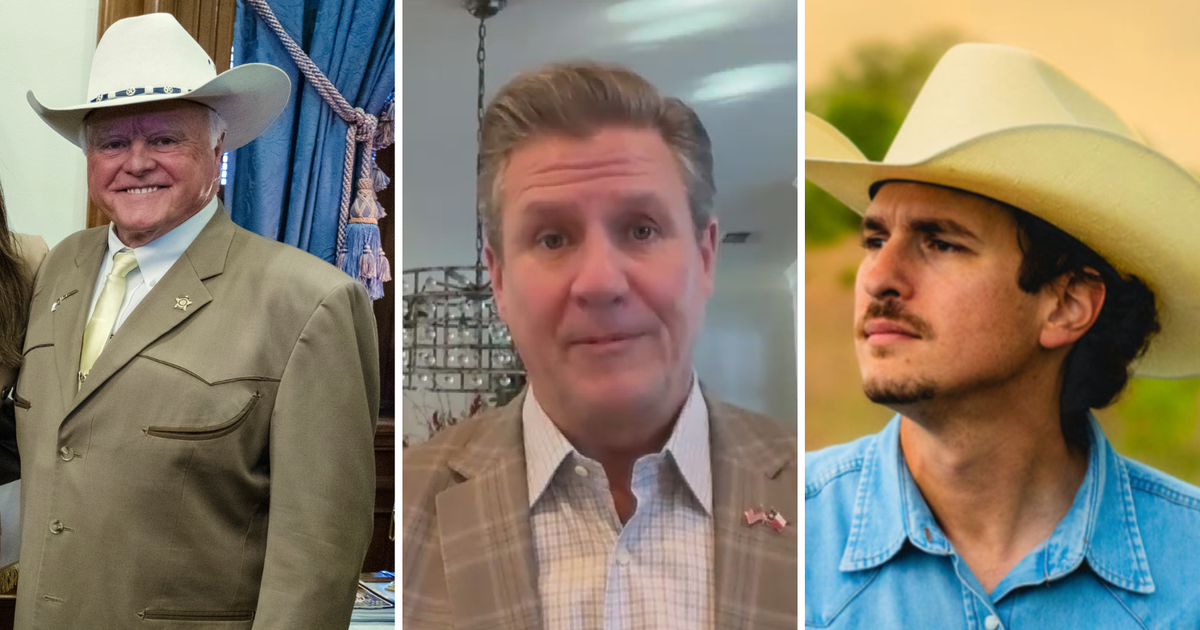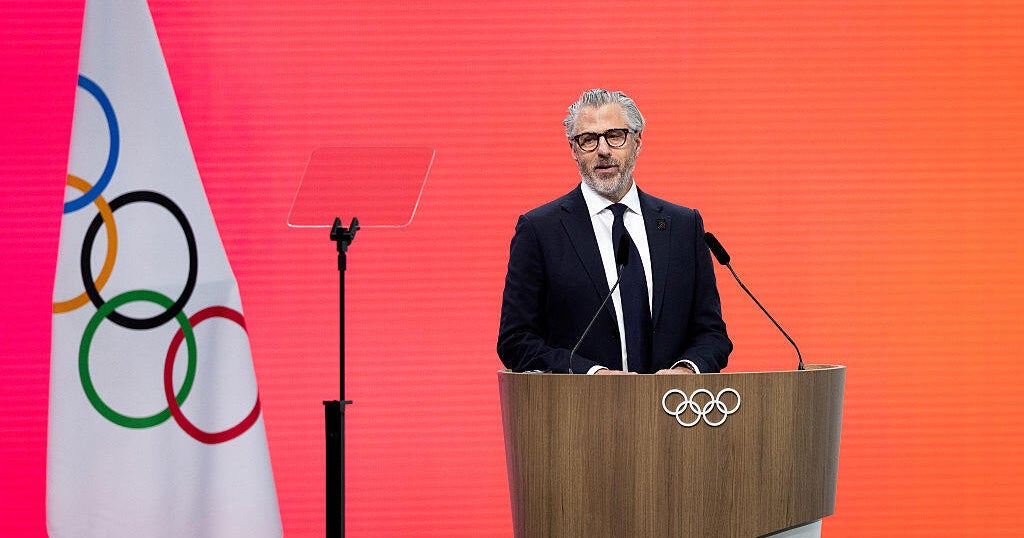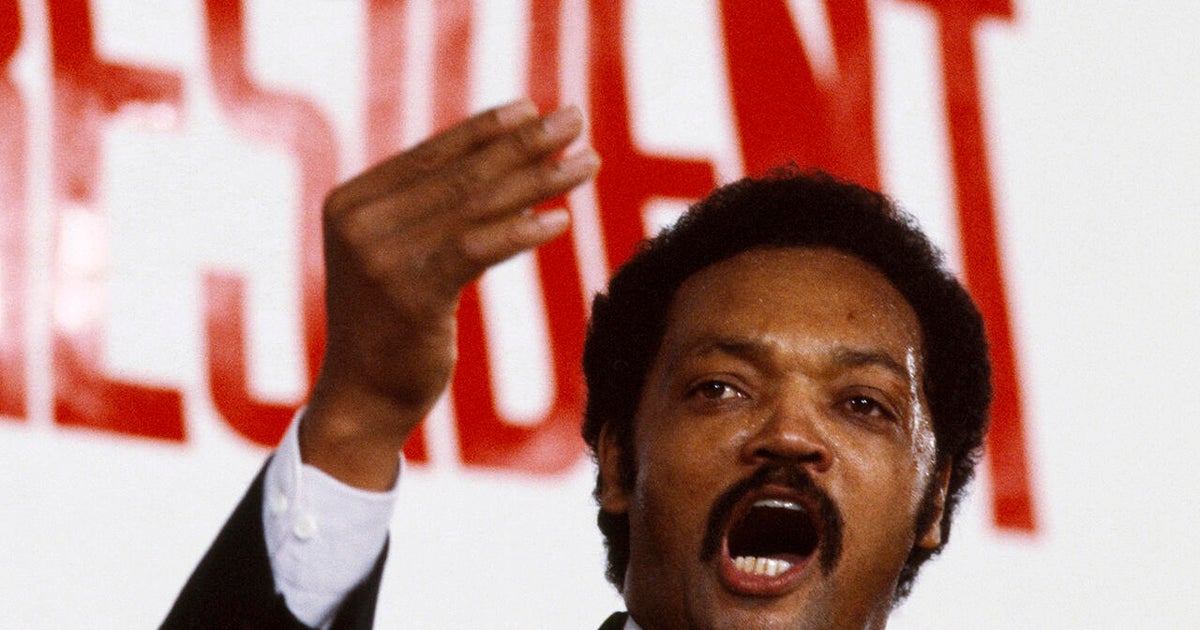Feinstein Remains Favorite In California Race Despite Snub
LOS ANGELES (AP) — California's forgotten U.S. Senate candidate has finally had a memorable moment.
Kevin de Leon, a sparsely known liberal legislator trying to oust U.S. Sen. Dianne Feinstein, staged an insider coup Saturday by winning the endorsement of state Democratic Party leaders.
The embarrassing snub to Feinstein was a testament to the leftward shift of California Democratic activists in the age of President Donald Trump, highlighting a long-running split between the party establishment and its restive liberal wing.
But the benefit of de Leon's star turn — occurring at a time when voters are thinking about the beach and barbeques, not the ballot box — is likely to be fleeting.
It's "the strongest signal yet of just how far to the left California's Democratic activists have moved, how emboldened they are by their party's dominance in the state and how much the Trump presidency has polarized our politics," said University of California, San Diego political scientist Thad Kousser.
"But it's only a signal about the party's most activist core, not a sign that everyday voters are choosing a pure progressive over a pragmatist," Kousser said in an email. "It may breathe new life into a campaign that was on CPR ... but it doesn't chart a path to victory for a candidate who has always earned the strong support of activists while remaining a virtual unknown to the average California voter."
So far, the state senator's challenge to the more moderate Feinstein has been largely an annoyance for his fellow Democrat, rather than a threat to her winning a fifth, full term.
In the June primary Feinstein trounced de Leon, carrying every county in the state while he finished a distant second and struggled to break into double digits. California's primary system sends only the two highest vote-getters to the general election, regardless of party.
With the endorsement from the state party's roughly 360-member executive board, de Leon will benefit from party money, volunteers and organizing help.
But he remains a long shot.
Feinstein is an institution in California politics, while de Leon remains largely unknown. She continues to hold a vast advantage in fundraising.
As the ranking Democrat on the Senate Judiciary Committee, she is about to enter a sustained period in the national spotlight, as televised hearings begin on the Supreme Court nomination of Brett Kavanaugh.
De Leon fired out a fundraising appeal Sunday, highlighting his endorsement. He said the vote showed his campaign is a "real alternative to the worn-out Washington playbook," an obvious reference to Feinstein, who is 85.
"It's time for a new generation of leadership who will roll up their sleeves and fight to advance a bold agenda," he said.
With only two Democrats on the ballot in November, de Leon's challenge will be attracting support from beyond his liberal base. He has built his campaign around his support for universal health care, fighting climate change and recently called for abolishing the Immigration and Customs Enforcement agency.
While energizing the party's liberal wing, abolishing the immigration agency and overhauling the health care system might give pause to moderate and independent voters de Leon needs to mount a credible challenge.
That rift in the national party's direction — and the risk that comes with it — was summed up in a speech last week by Delaware Democratic Sen. Chris Coons, who warned that Democrats need to stress pragmatic ideas, not "pie-in-the-sky" promises. He cautioned against proposals "that might sound great in a tweet, like free college and free health care."
De Leon's endorsement follows the victory last month of Alexandria Ocasio-Cortez, a 28-year-old political novice running on a liberal platform, over longtime U.S. Rep. Joseph Crowley in New York.
The deep split in the party was witnessed in the 2016 presidential contest between Hillary Clinton and Bernie Sanders. And in the California party, liberal favorite Kimberly Ellis nearly captured the organization's top job last year.
Longtime Democratic National Committee member Bob Mulholland, who supports Feinstein, noted that in 1990, when Feinstein was running for governor, the state party endorsed a rival Democrat, John Van de Kamp. Feinstein went on to win the Democratic primary, but ultimately lost to Republican Pete Wilson.
Claremont McKenna College political scientist Jack Pitney said Feinstein retains significant advantages and is positioned to collect most Republican votes in November, with only two Democrats on the ballot.
But an upset remains possible, if unlikely.
"If she fares poorly on the campaign trail or makes embarrassing gaffes, de Leon could pick up support from voters who think that he would be stronger champion against Trump," Pitney said in an email.
(© Copyright 2018 The Associated Press. All Rights Reserved. This material may not be published, broadcast, rewritten or redistributed.)







